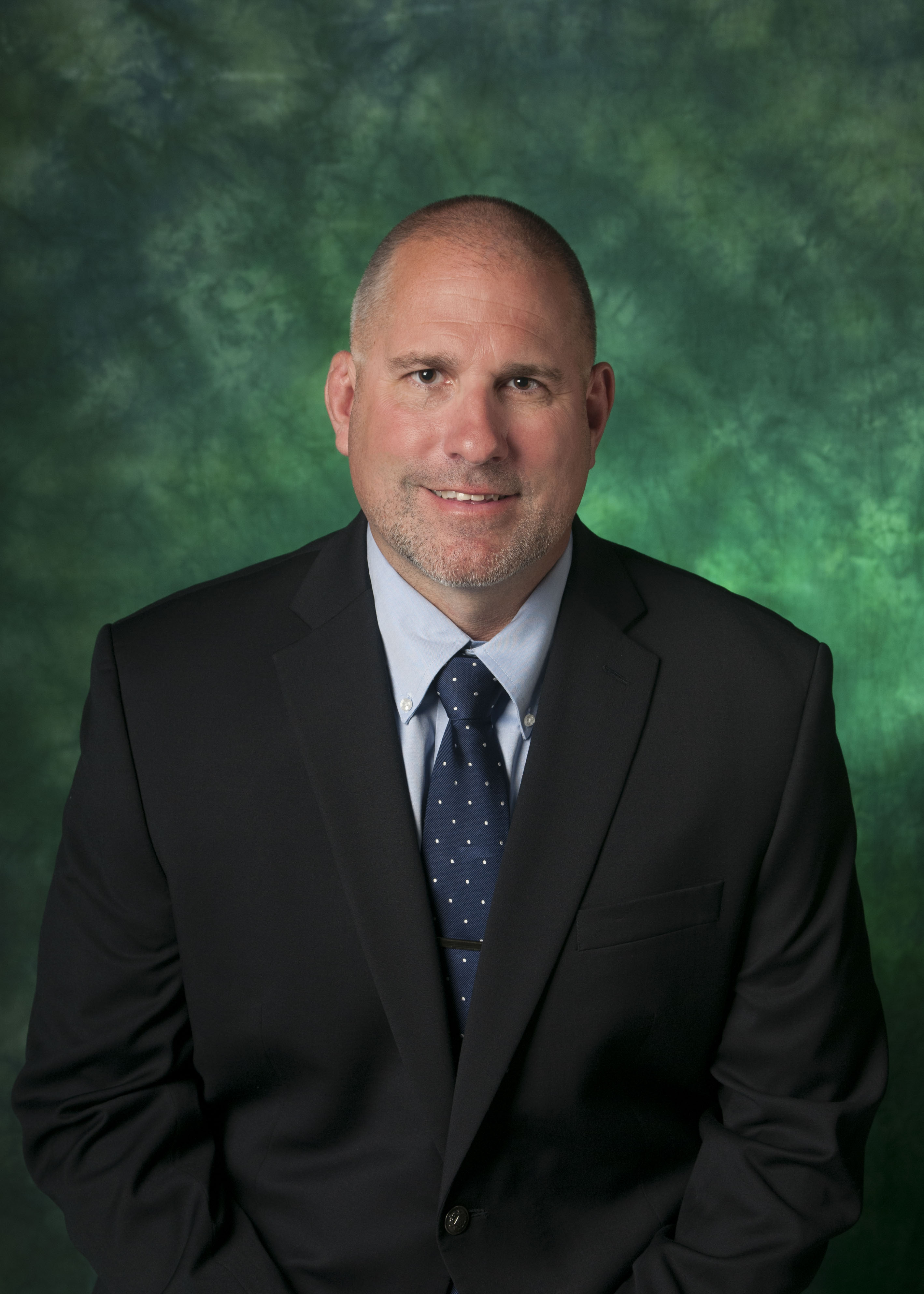UNT doctoral student named prestigious peace scholar
 This is the second consecutive year that Theresa Abah earned a P.E.O. Peace International Scholarship.
This is the second consecutive year that Theresa Abah earned a P.E.O. Peace International Scholarship.
DENTON (UNT), Texas – Theresa Abah, a second year doctoral student studying Rehabilitation and Health Services with a concentration in Gerontology in the University of North Texas College of Health and Public Service (HPS), has been awarded the P.E.O., or Philanthropic Educational Organization, Peace International Scholarship. The P.E.O. International Peace Scholarship Fund was established in 1949 to provide scholarships to women from other countries for graduate studies in the U.S. or Canada.
The scholarship awards up to $12,500 per year, providing not only help paying for her basic needs, but also enabling her to concentrate more on her studies.
“The funds helped to pay for most of my personal needs from house rent, to groceries, books, professional association membership fees and health insurance,” Abah said. “As a result, I am able to focus on my academics, teaching and other responsibilities with greater ease.”
Abah aims to work with a division of the Nigerian Health Ministry once she graduates, hoping to help with aging-population issues.
“After graduation, I hope to provide technical support to a division of the Nigerian Health Ministry responsible for health policy development and implementation,” Abah said. “My goal is to help address aging-population health and well-being issues, and to advocate for program development, policy reform initiatives and integration of older adult health programs into the existing primary health care system.”
Abah attributes part of her success to her professors Dr. Prybutok and Dr. Mpofu.
“I have enjoyed great mentoring from my professors and I would like to say that succeeding in the Ph.D. program requires having mentors that believe in you even when you have doubts about your abilities,” Abah said. “The Prybutoks have been so helpful to graduate students in UNT. They have the best interest of students at heart, through conference exposures, participation in interdisciplinary research meetings to providing a multinational/cultural environment for their students to thrive and I have to say that I rarely miss my home country in their company.”
Abah found that networking was instrumental in being awarded the P.E.O. Peace International Scholarship.
“I would like to encourage other graduate students to seize every opportunity to participate in extracurricular activities, volunteer opportunities and social events organized on campus to enable them interact with their peers in other departments,” Abah said. “I try to reach out to as many people as possible during social events organized by the international students’ office, which was also instrumental to me getting the scholarship.”
Dr. Neale Chumbler, dean of the college, says it’s an honor to have such a distinguished international researcher in HPS.
“The fact that Abah has received the P.E.O. scholarship not once, but twice, is a testament to her acumen in research as it relates to health policy and aging populations,” Dr. Chumbler said. “She has brought distinction to herself and this college with this honor and will no doubt change lives in Nigeria.”
- Rehabilitation and Health Services


